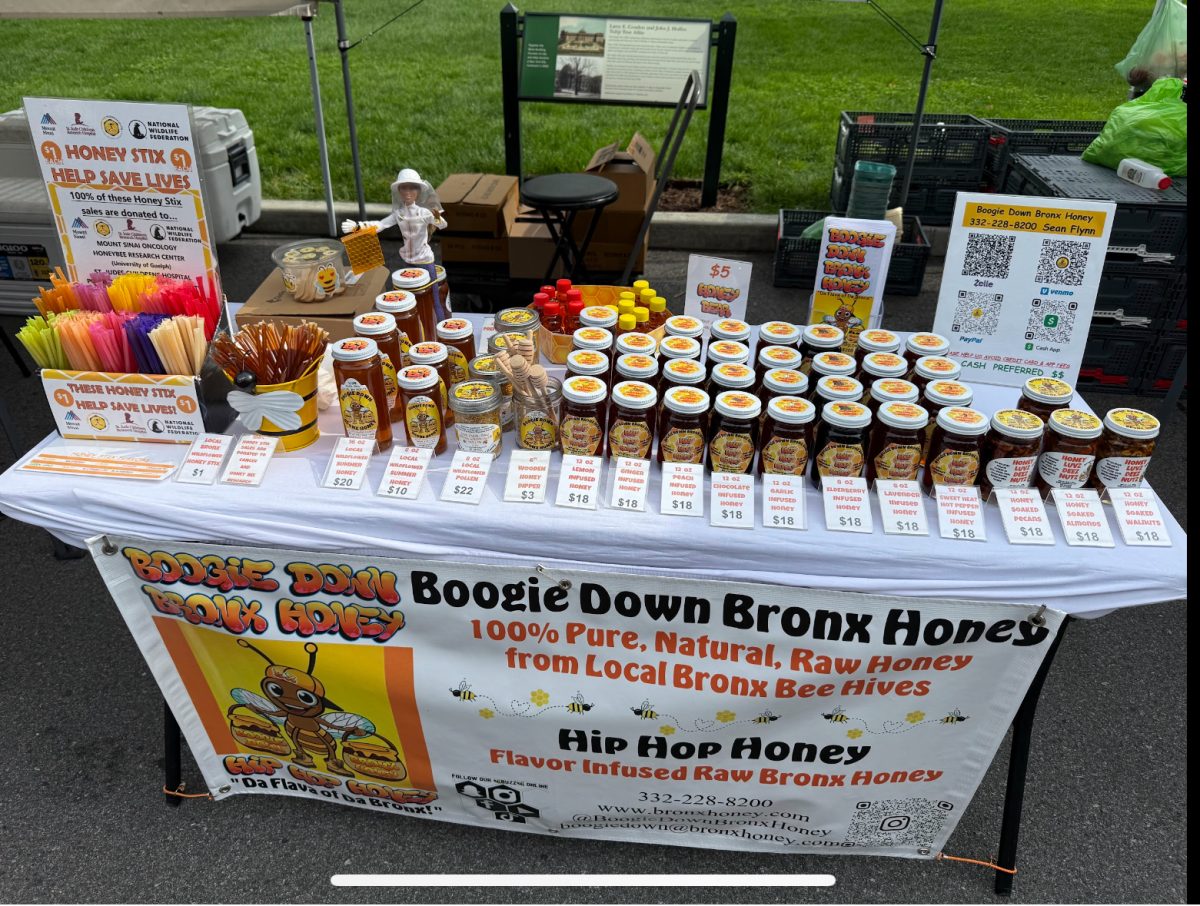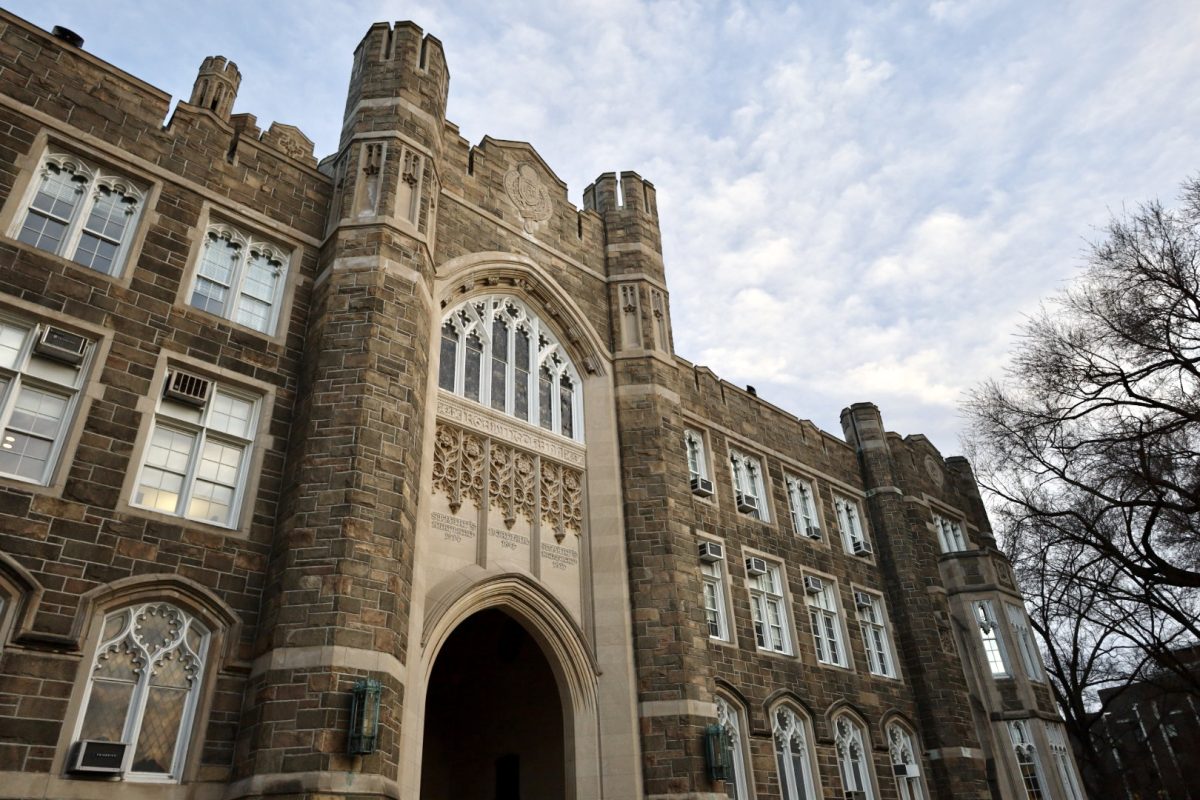By Nicole Horton
Political correctness in standup comedy has become a contested issue due to growing sensitivity of social issues and amplification from social media platforms. Politically correct is defined by Merriam-Webster as “agreeing with the idea that people should be careful to not use language or behave in a way that could offend a particular group of people.”
Some say that political correctness goes overboard because comedy is supposed to poke fun at people and situations. Meanwhile, others maintain that political correctness is a way to be respectful to those who have long been discriminated against by the rest of society.
Although some believe that political correctness is changing or censoring comedians, their careers have not been affected by controversial jokes. Trevor Noah did not lose out on hosting “The Daily Show” because of his contentious tweets that people found from a few years ago. Stephen Colbert weathered criticism over an Asian joke, but is still widely respected. Amy Schumer has made ethnic jokes about black and Asian people in her standup, but 2015 was a very successful year for her. It almost seems that these accusations are merely a blip in the headlines.
Comedian Anthony Jeselnik’s TV show was almost canceled, following a joke he made on Twitter about the Boston Marathon. However, in his most recent special, he talks about how he only had to remove the tweet to satisfy Comedy Central. In “Thoughts and Prayers,” he jokes about death, animal cruelty, cancer and abortion. Some people like that Jeselnik’s dark style of comedy does not cave to political correctness, while others strongly dislike it and are offended. This also presents the notion that someone can achieve fame by going against a politically correct society — a style of comedy that may gain more popularity.
In June, Jerry Seinfeld told ESPN radio, “I don’t play colleges, but I hear a lot of people tell me, ‘Don’t go near colleges. They’re so PC.’” He added that younger people “‘just want to use these words: ‘That’s racist;’ ‘That’s sexist;’ ‘That’s prejudice.’ They don’t know what…they’re talking about.’”
It is surprising that Seinfeld took that stance considering his brand of comedy is more conversational. People can watch one of his standup specials with their parents and not feel uncomfortable at any one point. However, it is a view that other comedians like Chris Rock, share.
Rock told Vulture that with a new generation, you cannot even mention race. “You can’t say ‘the black kid over there.’ No, it’s ‘the guy with the red shoes.’”
At a Kevin Hart show I attended this past summer, one of his opening acts from the Plastic Cup Boyz joked about how white, black, Hispanic and Asian people would react to getting kicked out of the show for using their cell phones. He did not single out one group, and he used stereotypes in a way that was poking fun. Everyone was laughing and it did not seem like anyone was offended by the prospect of political incorrectness.
When Eddie Murphy accepted the Mark Twain Prize for American Humor, he dusted off his Bill Cosby impression from his standup days. It was relevant since Cosby had received the honor in 2009. This was not the first time he joked about Cosby. In his 1987 special “Raw,” he talked about how Cosby called him to complain about the bad language in Murphy’s act. Bad language in standup can be viewed as a predecessor to political correctness, showing how comedy has evolved.
When speaking about Murphy at the event, Trevor Noah called comedy “a pressure valve of sorts” that seems to factor in political correctness.
“It acts as a place where people can come together and acknowledge that things are happening around them,” Noah continued, “and then get to address those issues in a space that hopefully doesn’t turn it into a negative experience. I think that’s really a powerful position that a lot of comedians have.”
However, Murphy refused to do his popular impression of “The Cosby Show” star on “Saturday Night Live’s” reunion show, so his dismissing any notion that he empathized with the comedian. Many comedians have joked about Cosby, including Hannibal Burress, whose joke brought to light accusations that Cosby shrugged off earlier in his career. Despite these jokes, comedians like Burress and Murphy have made the conscious decision to make the jokes about Cosby, not about the women who claim he sexually assaulted them. Meanwhile, comedians like Jeselnik have mentioned that joking about Caitlyn Jenner seems to be off-limits.
Political correctness is not easily defined since it reflects society’s attitudes about particular subjects. Comedians like Jeselnik and Schumer proved that they can take the heat when it comes to accusations of political incorrectness, so they will continue developing their style of comedy. Although it seems simple, the only way to conclude is that it is up to viewers to decide which type of comedy they enjoy. At least for now, political correctness has not affected standup comedy enough to change its landscape.






































































































































































































